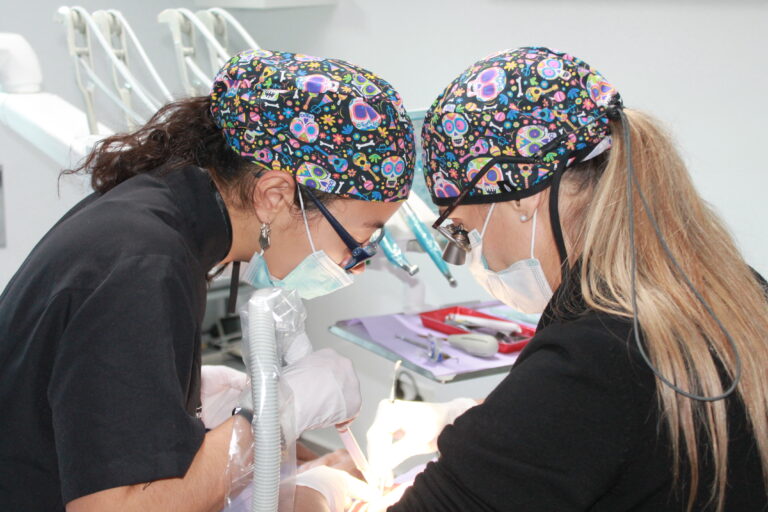
Did you know that stress has the same effect on our brain 🧠 as alcohol?
The brain possesses an incredible ability to learn and adapt to new information throughout our lives, thanks to its neuroplasticity.
However, this remarkable feature comes with an exception: WHEN WE ARE UNDER STRESS.
As Lena Skogholm highlights in her book “Livskoden enligt hjärnan,” stress has been compared to the effects of alcohol on our brain.
Much like alcohol, stress has the power to impair our cognitive functions and alter our behavior.

When we’re under stress, our thoughts and behaviors shift from the human brain, where we engage in reflection and logical thinking, to the more primitive “monkey brain,” where emotions reign, and ultimately to the instinctual “reptile brain,” triggering fight-or-flight responses.
One of the key players in this stress response is cortisol, often referred to as the “stress hormone.” Cortisol is produced by the adrenal glands in response to stress, whether physical, emotional, or psychological.
When cortisol levels remain elevated for prolonged periods, it can have negative effects on virtually every organ in the body. From impairing immune function to disrupting digestion and metabolism, the consequences of chronically elevated cortisol levels are far-reaching.

When is cortisol produced ?
When we confront difficult situations and when we feel tension.
In dentistry we encounter these situations more or less all the time, during the whole day, even when we go home and continue thinking about work.
Your brain doesn’t know if you are home or if you’re still working if you continue thinking about it at home.
In the context of dentistry, where precision and focus are paramount, cortisol levels can skyrocket. The need to maintain concentration on a small area, coupled with the tension and stress of a packed schedule, can lead to chronically elevated cortisol levels among dental professionals.
But there are simple strategies to help lower cortisol levels and mitigate the effects of stress:

Deep Breathing: During patient treatments, practicing deep breathing from the diaphragm can help activate the body’s relaxation response, lowering cortisol levels and promoting a sense of calm. Are you aware of how you breathe during work?
Self-awareness is key to implementing this technique effectively.

Take Breaks: Going outside for lunch or simply stepping away from your work environment allows for a wider perspective and immediate cortisol reduction. You may notice an instant shift in mood and perspective as you take in the surroundings beyond the dental office walls.

Eat Magnesium-Rich Foods: Incorporating foods high in magnesium, such as pumpkin seeds, bananas, salmon, spinach, and nuts, into your diet can help regulate cortisol levels. Studies have shown that magnesium supplementation can lead to improved brain function and activity over time.

Considering the high-stress nature of dentistry, it may be worthwhile to explore options for regulating working hours within the profession.
Shorter working hours or fewer working days could provide much-needed relief and contribute to overall well-being among dental professionals.
In conclusion, while stress and cortisol may be unavoidable aspects of life, implementing simple lifestyle changes and advocating for workplace improvements can help mitigate their negative effects, allowing dental professionals to thrive both personally and professionally.

Book a free meeting with me here (15min)
https://calendly.com/christinaradics/session
Please let me know your thoughts. Together we can improve our wellbeing.
Your opinion matters!
Don’t forget to subscribe. I would love to connect with you.
I wish you a wonderful day! 🦋 Christina



